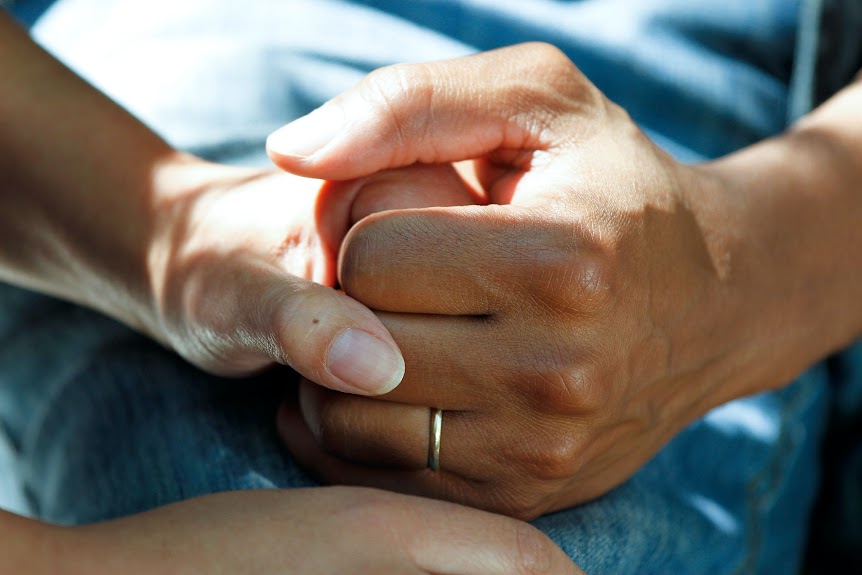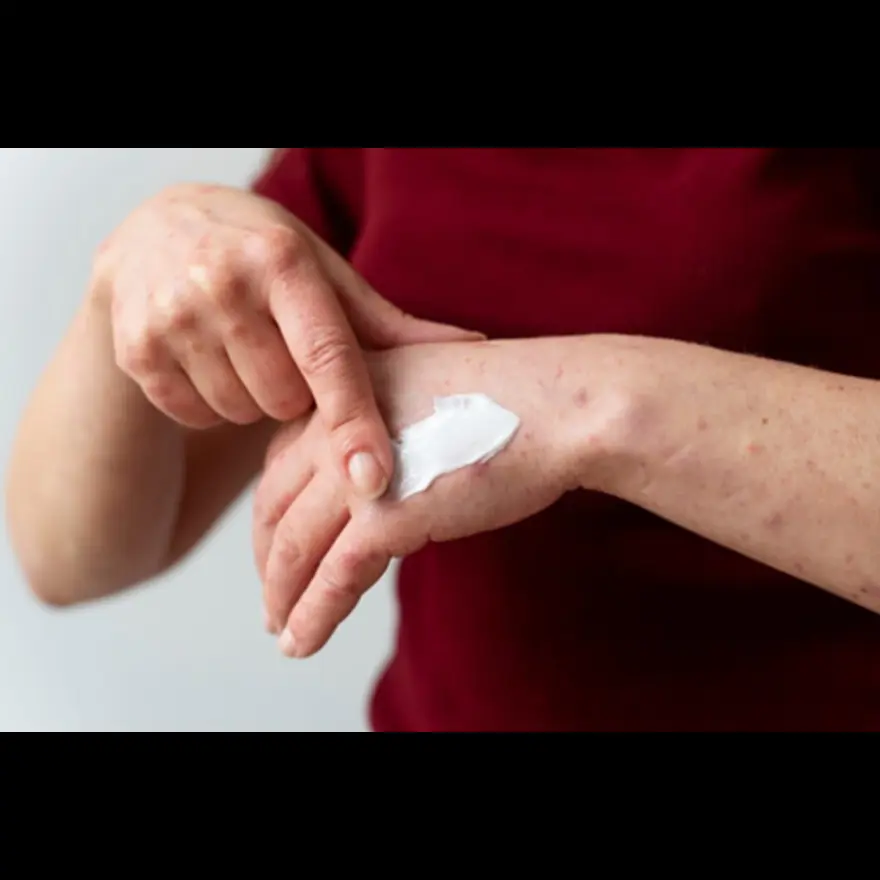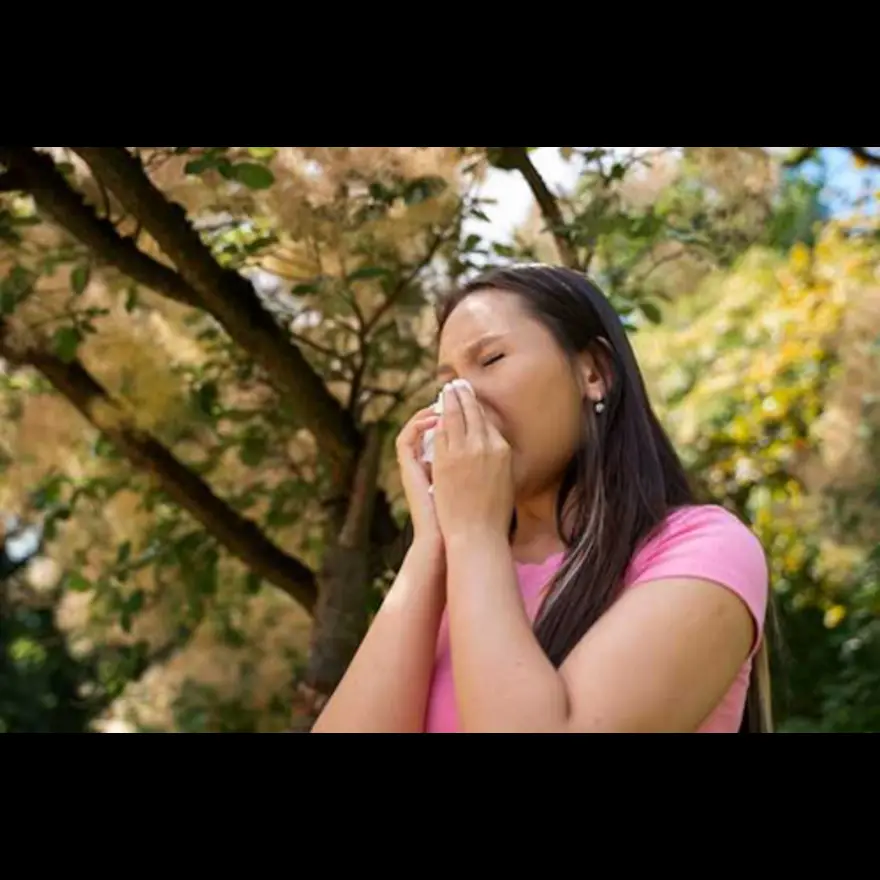Preventive Healthcare
Understanding Testicular Cancer: Types, Symptoms, Causes and Stages
2026 Views
0

Cancer occurs when the cells of a particular region(s) of the body start growing uncontrollably, potentially affecting any body part, including reproductive organs such as the testes. Understanding cancer in reproductive organs and its symptoms can help you in the early detection and treatment of the condition.
Testicular cancer is not a common form of cancer which can occur at almost any age and is most probable between the ages of 15 and 45 years. The formation of small bumps or a lump on the testicle is the first sign of this cancer, and it can often multiply and spread to other parts of the body.
Testicular cancer is one of the most treatable forms of cancer if detected at an early stage, even if it has spread to other parts of the body. Treatment options can vary between chemotherapy and surgery based on the type of testicular cancer and how far it has spread throughout the body.
Types of Testicular Cancer
Testicular cancer can be classified into different types as the testes are made up of various cells, and each cell can develop into one or more types of cancer. The type of cancer can be identified by examining the cancerous cells under a microscope.
Germ Cell Tumours
Over 90% of all kinds of testicular cancer begin in the germ cells. Male germ cells are responsible for producing sperm. Cancer that begins here can contain two types of cancerous cells: seminomas and non-seminomas. In some cases, both these kinds of cancerous cells occur equally in the testes. This kind of mixed cell cancer is treated as a non-seminoma because it spreads rapidly and grows like cancer containing only non-seminoma cells.
Seminomas
This type of cancer tends to grow slower than non-seminoma cancer. It can be further divided into the following types:
- Classical Seminomas: This type of cancer occurs in men between the ages of 25 and 45 years and accounts for over 95% of seminoma cancer.
- Spermatocytic Seminomas: This is a rare form of cancer in older men. It grows very slowly and does not tend to spread to other parts of the body.
Some types of seminomas can increase the levels of a protein called human chorionic gonadotropin (HCG) in the blood. These levels of HCG can be calculated with the help of a simple blood test such as the Testicular Marker Profile test. This test, along with other tests such as histopathological examination of testicular biopsy and IHC panels, can be used to diagnose this cancer and to check the progress of the therapy being used.
Non-Seminomas
This type of germ cell tumour can be found in men aged between 15 and 35 years, and it is a fast-growing form of cancer. This tumour type is further divided into four types named after the type of germ cells forming the tumour.
- Embryonal carcinoma
- Yolk sac carcinoma
- Choriocarcinoma
- Teratomas
Other types of testicular cancers include the following:
- Carcinoma in situ of the testicles
- Stromal tumours
- Secondary testicular cancers.
How Common is Testicular Cancer?
Testicular cancer is a rare cancer that only affects about 1 in 250 individuals, and it is most common in males between the age of 15 and 35 years.
Symptoms of Testicular Cancer
One of the most common signs of testicular cancer is the formation of a painless lump on the testicles. A few other symptoms include the following:
- A swelling or sudden build-up of fluid in your scrotum
- A swelling or lump on either testicle
- Pain or discomfort in the scrotum or testicles
- Testicular atrophy or the shrinking of the testicles
- The feeling of heaviness in the scrotum
- A dull ache in the lower abdomen or groin.
If you experience these symptoms, there is no reason to panic, as they may also be signs of other conditions. The best mode of action is to visit your healthcare provider and get a proper diagnosis. However, a delayed diagnosis can cause cancer to spread, which is why you need to see the doctor as soon as you notice changes in this area.
Causes of Testicular Cancer
When cells multiply faster than usual, they can cause tumours or lumps in the body. While researchers have not identified a cause for this kind of cell behaviour, a few risk factors are linked to the increased likeliness of an individual developing testicular cancer.
Age
Testicular cancer can often affect individuals between the ages of 15 and 35 years.
Undescended Testicles
Testicles are usually formed in the abdomen of the foetus during pregnancy. These testicles often drop into the scrotum before the birth of the child. In some cases, this may not happen, resulting in undescended testicles that could require surgery. Such conditions increase the chances of testicular cancer.
Race and Ethnicity
Testicular cancer is usually seen in non-Hispanic whites in Europe and the United States.
Family History
If your parent or sibling has been diagnosed with testicular cancer, your probability of getting it increases. Individuals with genetic conditions such as Klinefelter syndrome also have a high chance of developing testicular cancer. Being diagnosed with testicular cancer in one testicle also increases the chances of you developing it in the second one.
Infertility
Some factors that cause infertility are also related to the development of testicular cancer. However, researchers are still studying this connection to find out more about it.
Stages of Testicular Cancer
There are four main stages of testicular cancer based on the tumour size and whether or not it has started to spread. They are denoted as:
- Stage 0
- Stage 1
- Stage 2
- Stage 3
All treatment decisions are made based on the type and stage of cancer.
Conclusion
While prevention is the best cure, early detection can save a life in cases of testicular cancer. Familiarising yourself with the typical feel of the testes can help you better understand when something is wrong. Regular self-exams can also help find any uncharacteristic lumps or swellings early on in this condition. If you find a pea-sized lump or more prominent, it is best to visit your doctor immediately. Metropolis Labs provides some of the best blood testing and health check-up services. With a team of qualified blood collection technicians, Metropolis Labs also offers home visits for blood sample collection. We also offer a quick turnaround time, and your results can be viewed online via email and on the Metropolis TruHealth app.























 WhatsApp
WhatsApp
